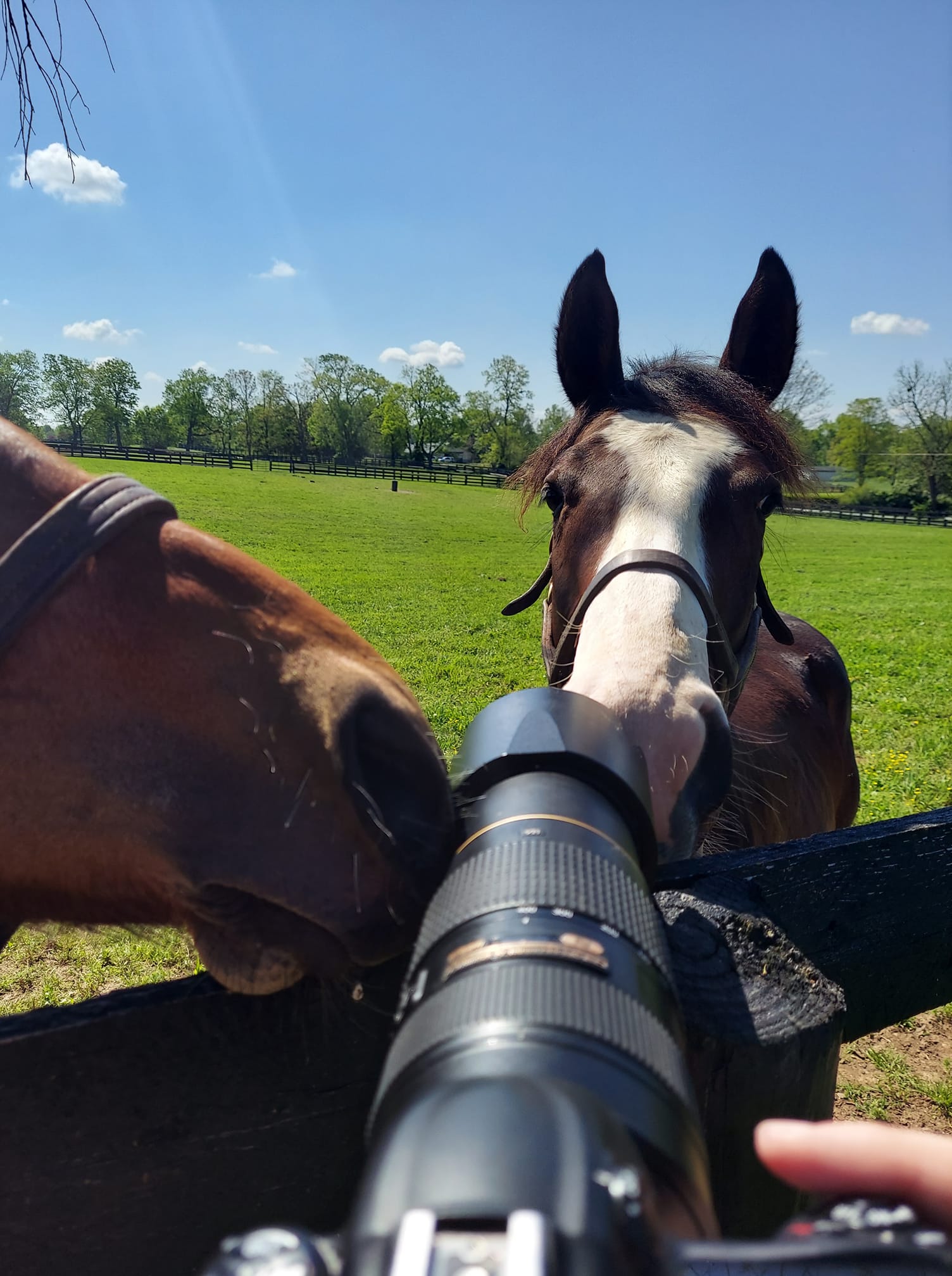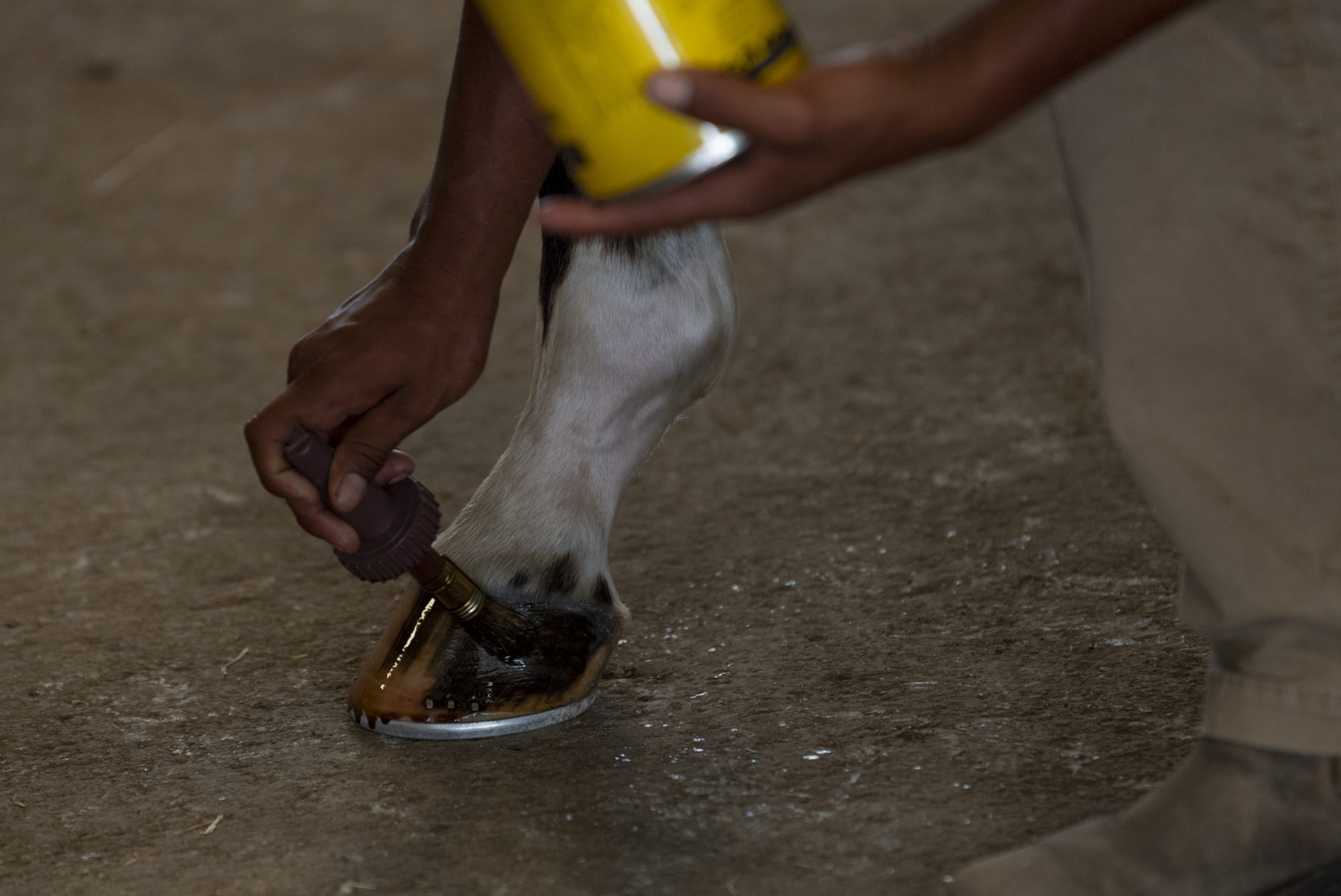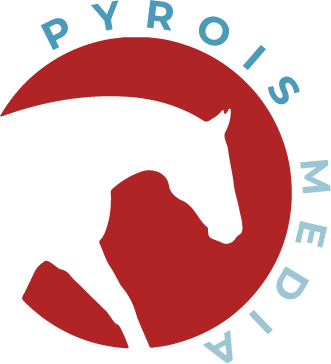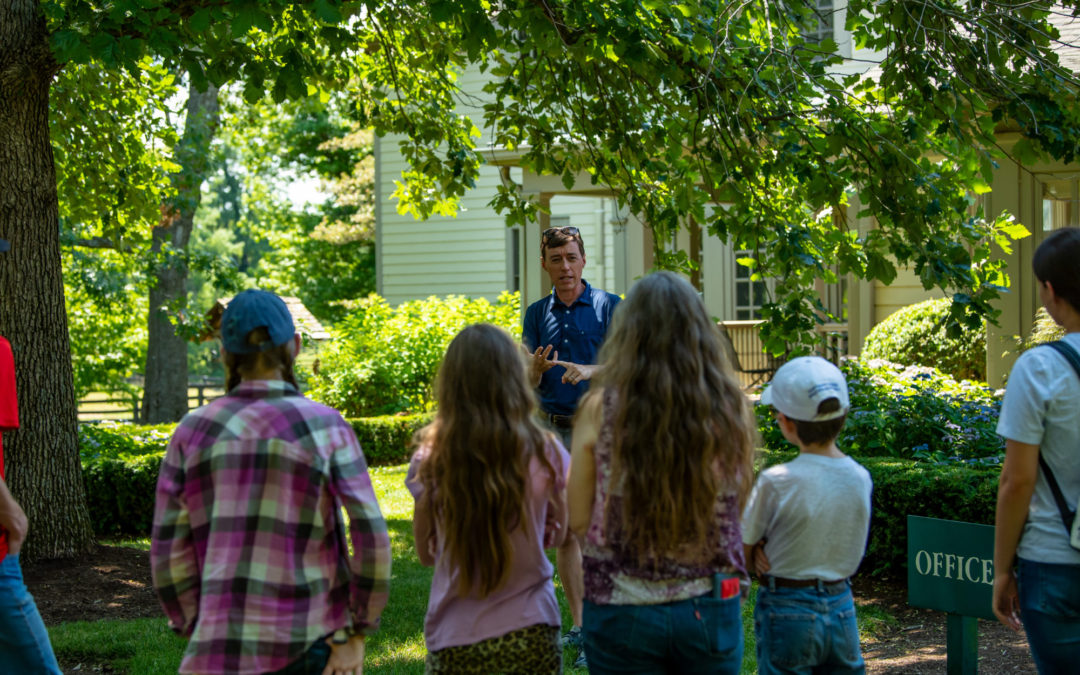Last week I was a guest on the Amplify Horse Racing Hangout (you can find the replay on the bottom of this blog) and one of the things I was asked was to give tips for those who want to work in the equine industry.
We didn’t get a chance to go as in depth as I would have liked to so today I’m expanding on those tips you’ll hear about 57 minutes into the below video.
1) Get as much experience as you can in various roles – Even though I’ve had a full-time job throughout my time in Kentucky, I spent my days off during my early years getting experience in different facets of the industry. I’d get up before that full-time job to go observe vet work or make a breeding shed run on the farm I worked part time on. During two years on that farm, I also helped prep yearlings for sales and foal out mares. A few other part time gigs (jobs and internships) I had were six months interning in a farm’s communication office, another six-month internship at a major racing marketing firm, and a few other miscellaneous jobs that let me experience nearly every part of the industry.
That’s not to mention my nine months abroad where I worked in other roles I hadn’t had in the U.S.

2) Figure out which part of the industry you’re most passionate about – One of the good things about working in various roles was figuring out what part of the industry I loved the most. For me, this helped me kind of navigate the path I needed to take to get to ultimately get to my goal job. Don’t think that you can only really enjoy one thing though. Personally, my biggest passions lay in Thoroughbred breeding/stallion research and Thoroughbred aftercare. I focused on them quite a bit in my early years in the industry and now I have multiple clients in both sectors.
3) Make sure you understand how important it is to pay attention to the little details – If you think that you didn’t do something correctly then go double check your work. If you don’t understand how to do something then ask.
I came from a sporthorse background and handling racehorses is much different than anything I was taught from my “old” life. People would rather have you ask about how to do something than assume that because you did a similar task, you know exactly what’s supposed to be done. In some cases, that’s the difference between making sure horses are in the field vs. having to spend an hour chasing down the whole herd.

4) Reach out to people you look up to – If you’re willing to put yourself out there most people in racing are willing to help. Basically every job I worked was due to reaching out to someone and asking if they knew of a position that I was interested in exploring further.
My time in Australia was made possible because of a connection I made on Twitter by DMing someone whose job I was interested in. Five years later, that person is still one of my biggest supporters today. If someone who wants to get into the sport (no matter the discipline) reaches out to me, I try to help them in any way possible and I know a lot of others do as well.
5) Try to ignore what other people are doing – It is so easy to compare yourself to others in the industry and being able to ignore it is even harder with social media. But something to keep in mind is that we’re all on a different path and we have different goals.
You can get ideas from what someone is doing but never feel like you’re not “doing enough” because you aren’t on the same path. In many cases, you guys don’t want to do the exact same job anyway. If you want to use them as inspiration for to aim for next then go ahead and do that. But don’t make other peoples’ paths a benchmark of where you should be at any point in your career.
6) Find hobbies outside the sport – This is one I learned late in life but one I consistently preach to young adults getting into the horse industry as a career – you need to have a least one non-horse hobby. I’ve spent my whole life in horses first as a competitor and now as someone who works in the industry and still have a riding horse myself. But I try to do things outside of horses too.
Just like any industry, burnout is real and the horse industry is more of a lifestyle than just a career. As much as it’s hard to step away from thinking about horses even for a few hours, you need to have something you can do for fun that isn’t industry-based to give your brain some time off.

